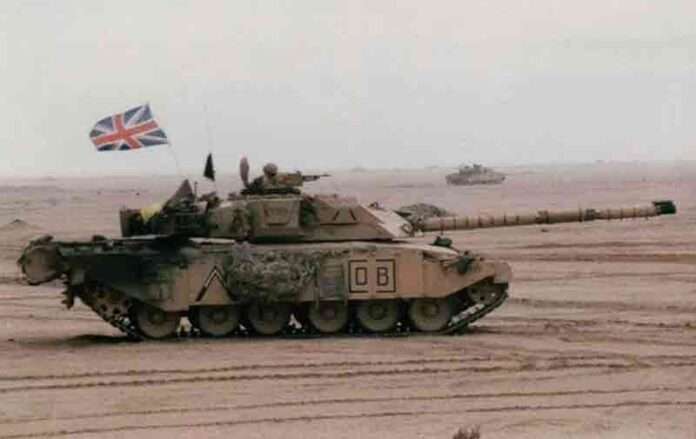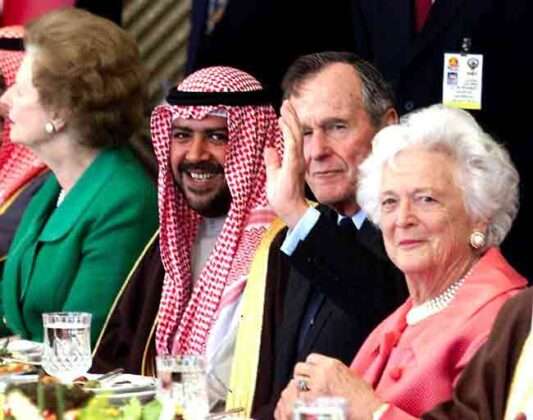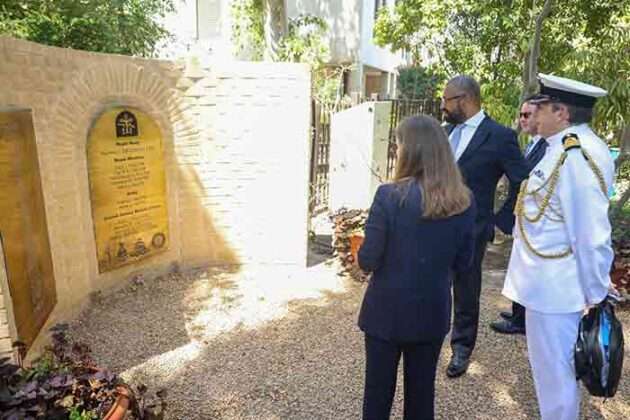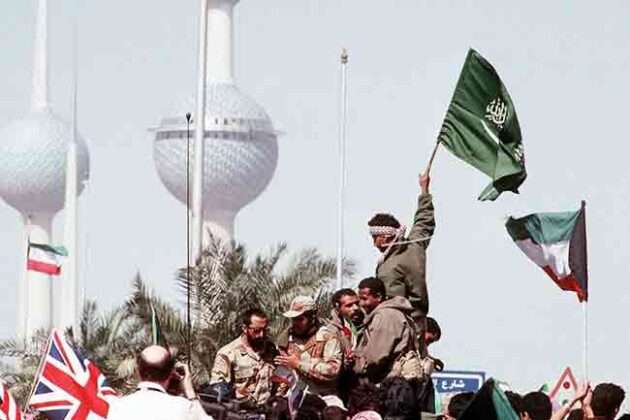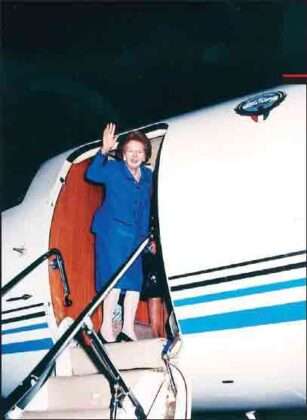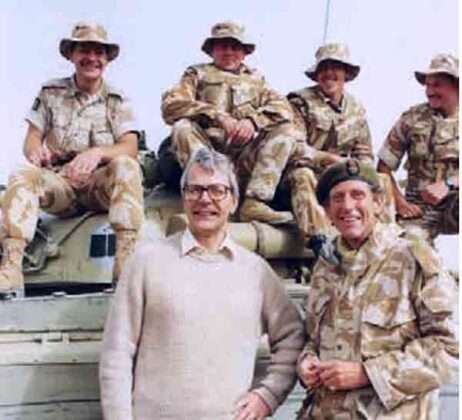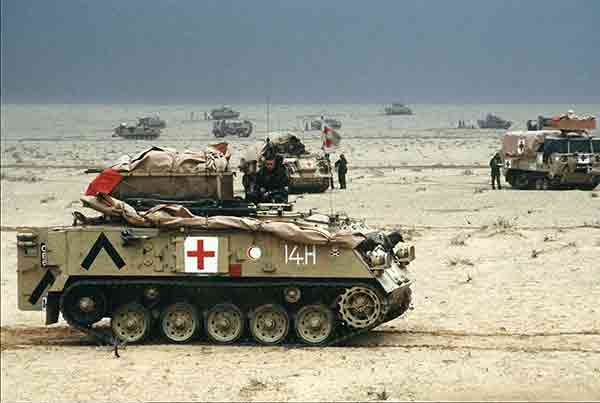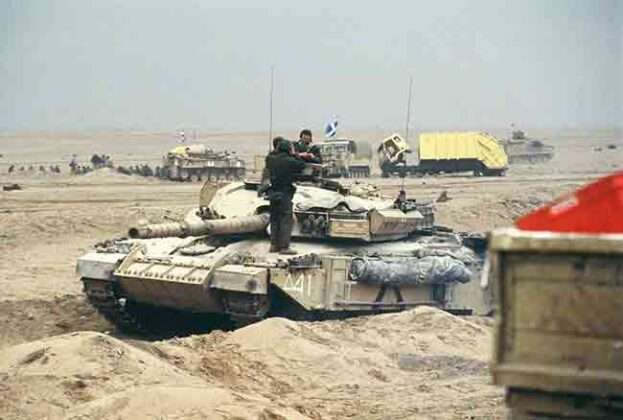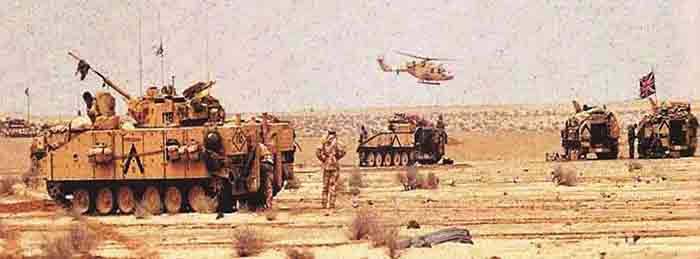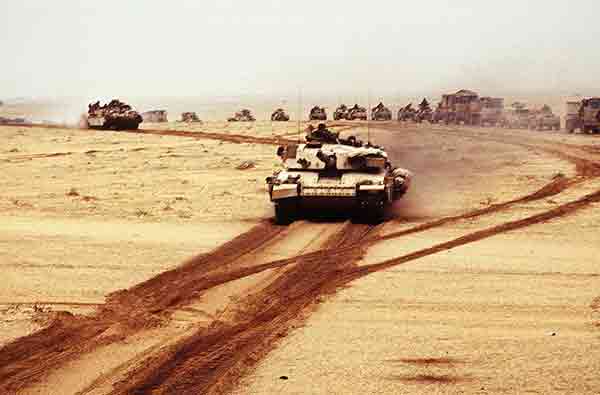Marking the 33rd anniversary of invasion of Kuwait
British Ambassador to Kuwait, Belinda Lewis, noted that, “32 years after Kuwait’s Liberation, the UK continues to work in close partnership with Kuwait on Defence and Security, including on joint military exercises, military education and cybersecurity. The UK has long been and will remain a true friend to Kuwait.”
Although the UK and Kuwait signed the Treaty of Friendship almost 125 years ago in in 1899, our bilateral relations date back to the 17th Century. The Treaty was signed to preserve Kuwaiti independence through British protection. The UK has been at Kuwait’s side numerous times since then, from the days of the protectorate when it was facing the prospect of close rule by the Ottoman Empire, to the threat from Adbul Qasim’s regime soon after Kuwait’s independence on 19 June 1961. The threat was immediate and significant, and Britain sent a sizable task force known as operation VANTAGE to deter the threat successfully.
Following the Iraqi invasion of Kuwait on 2 August 1990, the UK responded quickly with our then Prime Minister, Margret Thatcher, leading the way. Mrs Thatcher stated “Iraq’s Invasion defies every principle for which the United Nations stands. If we let it succeed, no small country can ever feel safe again. The law of the jungle would take over from the rule of law.” She immediately took action and the UK played a crucial role both at the United Nations, where the UK and US led the Security Council in passing Resolution 661, resulting in economic sanctions on Iraq and authorising the use of force should Iraq not retreat from Kuwait. Margaret Thatcher used her excellent relationship with then President George H.W. Bush to secure his commitment to the defence of Kuwait and the region.
Our diplomatic service also played a key role in mobilising international opinion immediately following the invasion. Most memorably, the British Ambassador to Kuwait, Sir Michael Weston, held out against the Iraqi dictator Saddam Hussein’s forces for four months, surviving on little more than canned food and water. In a symbolic rejection of Iraq’s claim to Kuwait, our Ambassador refused to budge. Saddam Hussein had given diplomats three weeks to transfer their operations to Baghdad but the British, along with some other Embassies, refused to leave. The British Embassy held out until 16 December when no drinking water was left. This act of fortitude and courage was just one of the political actions undertaken by the United Kingdom to engage and convince the international community to take action in response to the invasion.
The UK was the driving force behind many of the political, economic and military actions to put pressure on Saddam Hussain’s regime. Our military contribution to operations in the Gulf was significant, setting an example to others to use all means available to defend Kuwait’s freedom and independence. The UK supported the Liberation of Kuwait by deploying 53,462 personnel on Land, Sea and Air during Operation GRANBY (also known as Operation Desert Storm) – the largest single deployment of UK personnel since the 2nd World War.
Shortly after Kuwait’s Liberation on 26 February 1991, the UK Prime Minister Mr John Major visited Kuwait on 5 March. During his visit, he stated that, “I want to see Kuwait, I want to see the city, I want to talk to the Ambassador, I want to see what damage has been done and what needs to be done to repair it.”

